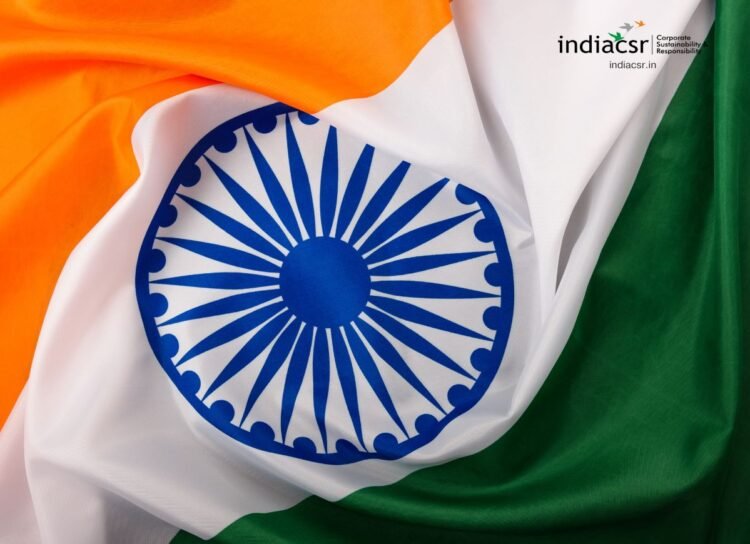India’s Republic Day on January 26th transcends a mere calendar date. It is a celebration of the nation’s democratic spirit, its commitment to fundamental rights, and its journey from colonial dominion to a vibrant republic.
Republic Day is one of the most important national holidays in India. It marks the day when the Constitution of India came into effect on January 26, 1950, making India a sovereign, democratic republic. But why was this date chosen for such a momentous occasion? The answer lies in the history of India’s freedom struggle and the values that shaped its destiny.
The history of the date
January 26, 1930 was a pivotal day in India’s quest for independence from British colonial rule. On this day, the Indian National Congress, under the leadership of Mahatma Gandhi, declared “Purna Swaraj” or complete independence. This declaration served as a clarion call for the final phase of the independence movement, galvanizing the nation towards self-determination. It also rejected the British offer of Dominion status, which would have given India limited autonomy within the British Empire. The Congress resolved to observe January 26 as the Independence Day every year until India attained freedom.

The constitution of India
Two decades later, after India gained independence on August 15, 1947, the nation needed a robust legal framework to govern itself. The Constituent Assembly, formed in 1946, embarked on the monumental task of drafting a constitution that would enshrine the fundamental rights and principles of a sovereign democratic republic. The Constitution, meticulously crafted over two years and eleven months, was finally adopted on November 26, 1949. However, its implementation was ceremonially delayed until January 26, 1950. This deliberate choice held immense historical significance. It linked the birth of the republic to the unwavering pursuit of freedom. It marked the culmination of decades of struggle and sacrifice, the realization of a long-cherished dream.
The celebrations of Republic Day
Since 1950, January 26 has been celebrated as the Republic Day every year with great pomp and fervor. The highlight of the celebration is the grand parade that takes place in New Delhi, the capital of India. The parade showcases the might of the Indian armed forces, the cultural diversity of the states, and the achievements of the nation. The parade is presided over by the President of India, who is also the supreme commander of the armed forces. The Prime Minister of India, the cabinet ministers, the chief guests, and other dignitaries also attend the parade. The chief guest is usually a foreign head of state or government, invited as a gesture of friendship and goodwill. The parade also features various cultural and social groups, school children, and artists, who perform and display their talents. The parade ends with a spectacular flypast by the Indian Air Force, leaving a trail of the tricolor in the sky.

The Republic Day celebration is not limited to New Delhi. Similar parades and events take place in state capitals and major cities across the country. The governors and chief ministers of the states also hoist the national flag and address the people. The Republic Day is also an occasion to honor the brave and the martyrs who have laid down their lives for the nation. The President of India confers various awards and medals to the military and civilian personnel for their acts of valor and service. The Republic Day also witnesses the display of various cultural and artistic expressions, reflecting the rich and diverse heritage of India. The people of India celebrate the Republic Day with pride and patriotism, reaffirming their faith in the Constitution and the democracy.
The Constitution of India, a visionary document crafted through exhaustive deliberations, enshrines principles of justice, liberty, equality, and fraternity. January 26 marks the day when these principles were woven into the fabric of the nation, creating a framework for inclusive governance. The Republic Day also serves as a potent reminder of the ideals and aspirations that bind us together as a nation. It is a day to celebrate the strength of our democracy, the resilience of our people, and the unwavering spirit of freedom that continues to guide us forward.







